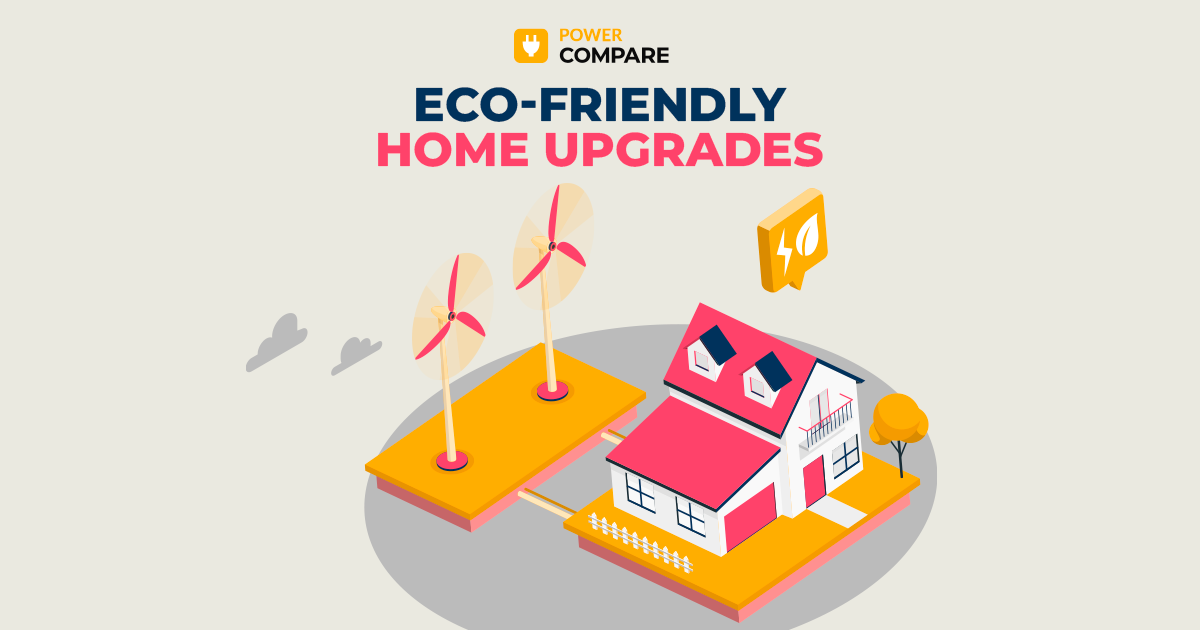Eco-Friendly Home Upgrades: From LED Lighting to Smart Thermostats

New Zealand and wider international communities are continuing the fight against climate change. There are plenty of ways you can help. One of the ways is to make eco-friendly upgrades around your home. These eco-friendly upgrades can help by reducing the amount of power you consume, and benefit your wallet by reducing your power bill.
Here are our top 5 eco-friendly home upgrades that will help the environment and save you money long-term.
1. LED Lights
Did you know that LED light bulbs use far less energy than traditional iridescent bulbs? Consider switching the bulbs in your ceiling and in any lamps around your home to LED bulbs so that you can continue shining, while consuming less energy, and saving money.
2. Smart Thermostats
Connecting your heat pump or air conditioner to a smart thermostat is a great way to reduce energy consumption and save money on your power bill. The thermostat will make adjustments to the temperature in your home automatically based on the outside temperature, what you’ve set it to, and how long it takes to heat or cool your home. This will help the heat pump or air con work more efficiently and save you money.
3. Energy Efficient Appliances
If you have an old fridge, chest freezer, washing machine, air conditioner, or dryer sitting around in your home, it could be the culprit of your high energy bills. Older appliances can consume a lot of energy. Consider upgrading your old appliance to a modern unit that has a high energy star rating. These appliances will come at a higher upfront cost. However, they are an investment that will deliver positive returns month after month. Energy efficient appliances use less energy to do their job. The less energy they consume, the lower your power bill will be.
4. Start a Compost and Veggie Garden
A compost bin is a great way to divert your food waste from landfills and turn the waste into nutrient-rich material that you can then use to help grow a vegetable garden. Starting a compost bin and a vegetable garden is a wonderful way to get the entire family involved with caring for the earth. As your vegetables grow and flourish, you’ll be able to reduce the amount of money you spend on fresh produce. It’s also highly rewarding cooking a meal with fresh, home-grown ingredients.
5. Consider Investing in Solar
Solar energy is a very green, clean source of energy. Solar panels are typically installed on your roof and they convert the sun’s light into electricity. This electricity can cover a part of your month’s power bill – sometimes, it can generate enough electricity to cover the entire month’s power bill. Solar panels can cost quite a bit to be installed, usually around $10,000. However, they are an incredible investment that will last 20 to 30, or even 40 years, and will make a massive difference to your power consumption and power bills each year. You can also make use of buy-back rates when your solar panels generate more electricity than you need.

